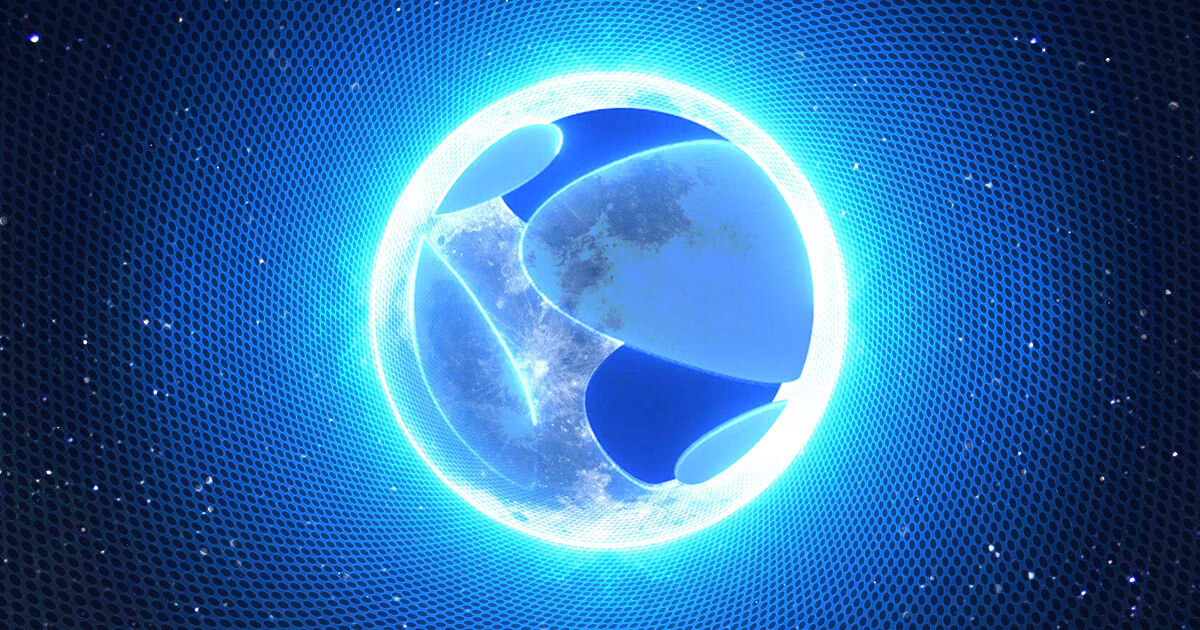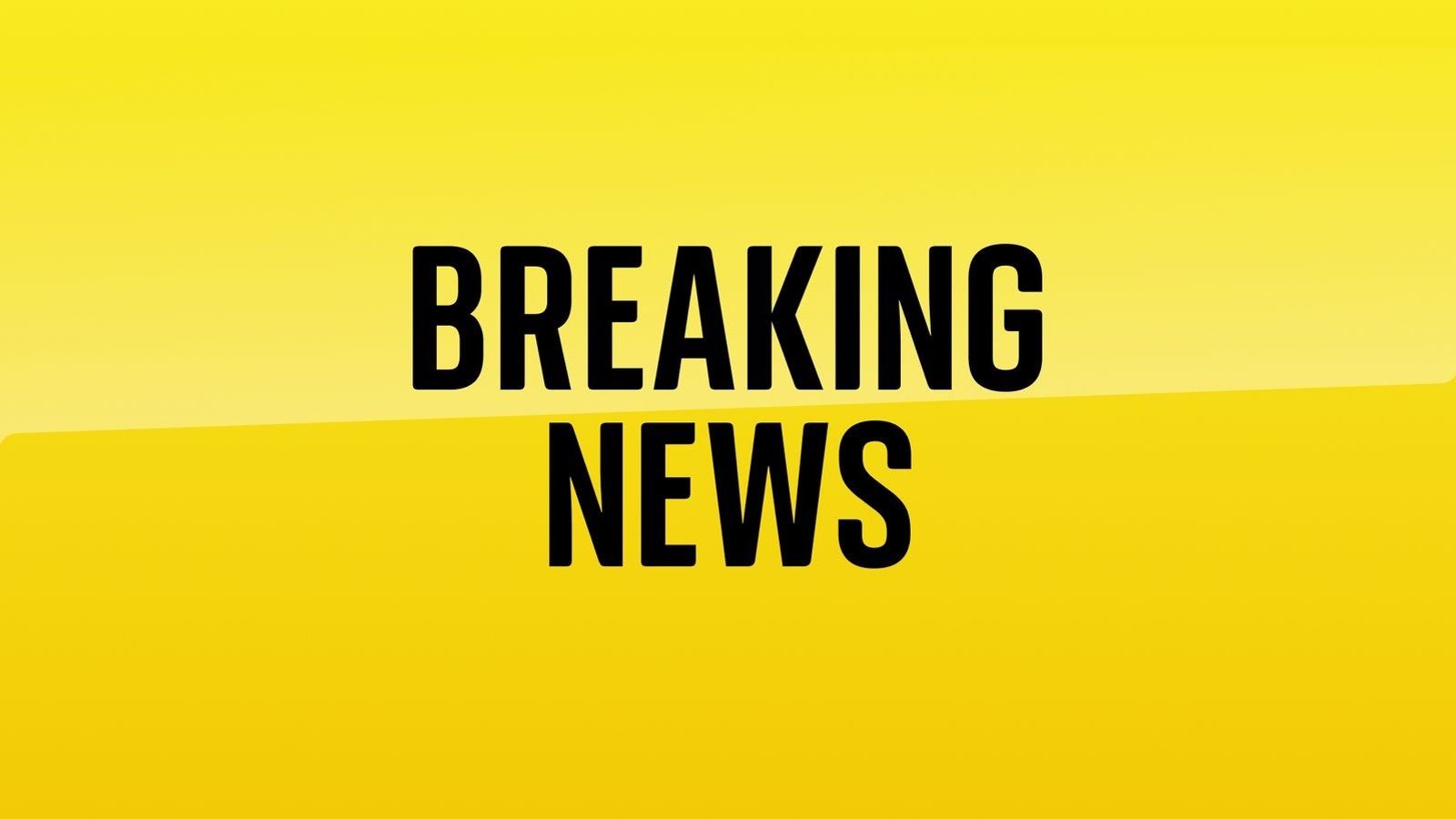Over many months, this anticipated Supreme Court ruling has been rattling a nation.
At protests across America, both sides in this visceral debate have been building up to this moment.
Hope, faith, fear, anger – all emotions stirred among supporters and opponents of abortion; emotions which will be profoundly felt now that the Supreme Court decision has come.
Disney to help pay for abortions – Roe v Wade live updates
The anti-abortion movement will now focus all its attention on legislators in the nation’s state capitals, pressuring the more conservative states to activate their pre-written “trigger laws” and ban abortion immediately.
But from the pro-choice movement, who believe it is a woman’s right to choose abortion if she wishes, there is a collective fear.
There are warnings of a public health crisis, and there is one group of people for whom this decision will have the most profound, most painful impact.
Roe v Wade: From ‘angry and disgusted’ to ‘overjoyed’ – how women outside the Supreme Court reacted to the ruling
President Biden warns ‘health and life of women at risk’ – US leaders react to Roe v Wade ruling
Roe v Wade: Who are the US Supreme Court justices and what did they say about abortion and other civil rights?
The rape survivor
We’ve travelled to Kansas City, Missouri, to meet a woman called Trish Mitchell.
Trish is a Christian, a mother and an advocate for abortion because years ago, aged 21, she survived rape.
“For them to be making these decisions right now is just simply unbelievable to me,” Trish tells me.
She begins by telling her story, explaining that she was raped by a man with whom she had agreed to a date.
“It wasn’t until about eight weeks later that I learnt that he had impregnated me. It was a very, very difficult decision. I was a single mom. I had very little means in terms of support of my two children that I already had.”
She continued: “Their father was not supportive financially at all, and so I really had to make a decision as to whether or not I could take care of another child. And not only that, the child of the man who had sexually assaulted me. And so I did make the decision to terminate that pregnancy.”
Abortion was her choice; one she could legally make – her constitutional right, which has now been taken away.
No rape exemptions
Twenty-two of the 50 states across the land have abortion ban legislation that will become law imminently. And here is the crux: of those 22 states, 11 have no exemptions for rape or incest.
In Alabama, Arkansas, Florida, Kentucky, Louisiana, Missouri, Ohio, Oklahoma, South Dakota, Tennessee, and Texas it doesn’t matter if your pregnancy is the consequence of a sexual assault, state laws are set to require you give birth to that child.
“I wish they understood the trauma that comes along with being sexually assaulted. I wish they understood how vulnerable you feel and how you feel like you have no decision, no choice in any of the situation,” Trish tells me as she contemplates this profound shift for America. A shift she considers to be an incomprehensible throwback in time.
“It’ll be huge for many, many women. I just really feel like we ought to be able to make those decisions on our own. We should decide what’s best for our bodies and what’s best for our families, together with our physicians, and make those choices in private.”
Three million women in America are known to have experienced rape-related pregnancy in their lifetime. The true figure will, of course, be higher. Many choose not to report such awful experiences.
Read more: President Biden warns ‘health and life of women at risk’
Please use Chrome browser for a more accessible video player
Restricting victims’ choice
Julie Donelon is the president and CEO of the Metropolitan Organisation to Counter Sexual Assault, also known as MOCSA.
Her core mission is to support and improve the lives of those impacted by sexual abuse and assault.
“Survivors have had all of their decision-making taken away. We know how important it is to get that decision-making back. And this will just restrict it and make their recovery from the trauma, from the crime, even harder and more difficult,” she tells me.
Trish says she considered taking her own life in those days after her ordeal.
“When I discovered I was pregnant, I was overcome with fear. I didn’t know if I could provide the love, the nurturing care and support to a child that was a result of rape.
“I wasn’t sure I was capable of that at that age. I was only 22 when this took place. It was a very difficult decision to make, but in the end it was the best that was for me and my family.”
Please use Chrome browser for a more accessible video player
A public health crisis
Of course, many more liberal states will not exercise their new right to ban abortion.
So the choice will often come down to the ability of those seeking an abortion to travel huge distances from states where it is banned to states where it is legal.
Remember how huge America is. Remember, too, that abortion choices very often face the poorest and most vulnerable in society. A public health crisis is predicted.
“It’s pretty scary,” Trish says.
“I think about how many women we might have to step over on a bathroom floor because they’ve made the decision to try and terminate their pregnancies themselves, or how many women don’t have the means to travel to another state where abortion laws are different in order to have the proper care and the proper treatment for terminating a pregnancy.”
Right or wrong, this Supreme Court decision represents a fundamental shift for women and for choice across this land. Part of America’s modern day social fabric has now been unwoven.
Anyone feeling emotionally distressed or suicidal can call Samaritans for help on 116 123 or email [email protected] in the UK. In the US, call the Samaritans branch in your area or 1 (800) 273-TALK.








